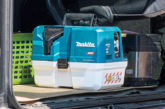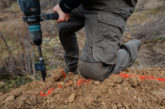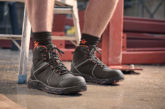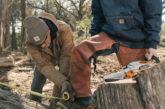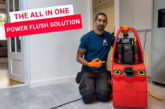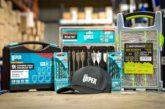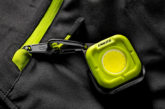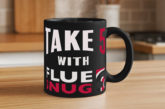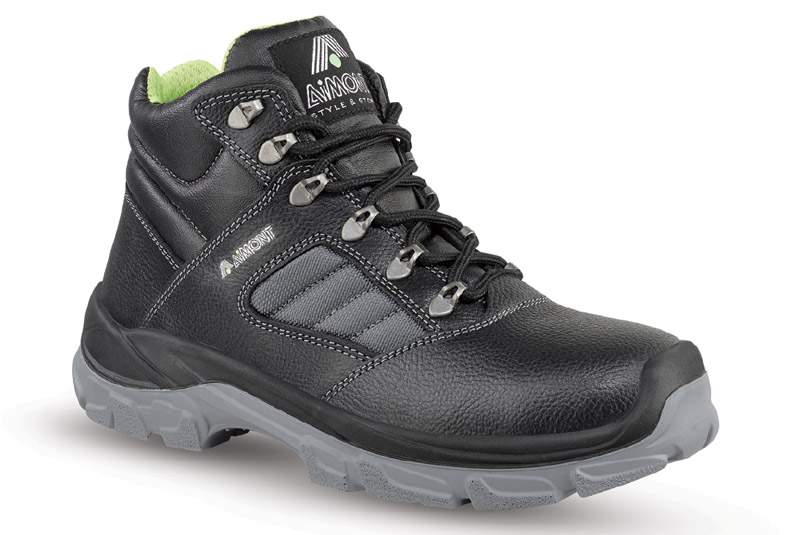
New research confirms what many have long believed, comfort is king for work boot wearers, says Supertouch.
However, despite 88 per cent of those surveyed selecting comfort as a top priority to consider when purchasing new safety footwear, it was surprising to see that 41 per cent of those surveyed said that their boots were not at all comfortable. This is despite the fact that 78 per cent of those surveyed purchase their own – dispelling the myth that its employers that are making poor workwear choices. In fact, just 22 per cent of respondents use equipment provided by their employer.
Other key factors when choosing new work footwear included how lightweight the boots were, with 49 per cent stating this was important, and cost came in third at 36 per cent. Surprisingly, style came in at a lowly 32 per cent and brand a mere 13 per cent. However, when asked to freely comment on what one thing they would like to change about their boots, entrants responded slightly differently, with hopes of safety footwear becoming more ‘trendy’, ‘stylish’ and ‘fashionable’, but with comfort still firmly at the top.
Stephen Beresford, Strategic Marketing Manager at Supertouch, said: “It came as no surprise that comfort featured at the top of the specification list. When on your feet all day, uncomfortable footwear can not only affect your feet, but your general wellbeing too – helping to reduce tiredness and even back pain. Safety is of course paramount but comfort must be considered during specification – if a worker’s mind is not wholly on the job, due to sore feet or ill-fitting boots, it will effect productivity but safety on site can also be jeopardised.”
Alarmingly, one respondent stated that ‘some [boots] are so rigid it is difficult to bend my feet’, and another that ‘the front sole always comes away from the steel toecap’. Others commented on the lack of waterproofing, while others focused on being cold in winter and too hot in the summer.
The research also worryingly revealed that 49 per cent of workers only look to replace boots once they are ‘worn out’. Refreshingly however, 71 per cent would change boots if there was a hole in the upper or sole, 72 per cent agrees that tears or rips in the material would warrant a replacement however, only 41 per cent deemed a dented toe-cap to be a reason for making a change. In fact, a dent in a toecap can dramatically reduce the protective qualities of safety shoes, meaning workers could be unintentionally leaving themselves at an increased risk of danger or injury.
Stephen concluded: “It’s no surprise to us that comfort features so highly on the specification list, when many of these individuals are wearing this gear for over eight hours a day. We were however, shocked at some of the comments that respondents added to the survey as they’ve given us a real taste of the gripes and issues people have day-to-day.”
The manufacturer believes its partnership with Aimont aims to tackle many of these issues head-on, through the development of a number of technologies includes a Flex-System Zero midsole. This works to protect 100% of the bearing surface, but is lightweight and flexible to allow those working long hours on their feet to move around more easily and comfortably. Another popular option is the Comfort Plus footbed, which is made of a soft PU, providing excellent energy absorption in the heel area.
For more information visit: www.supertouch.com/products/premium-brands/aimont


